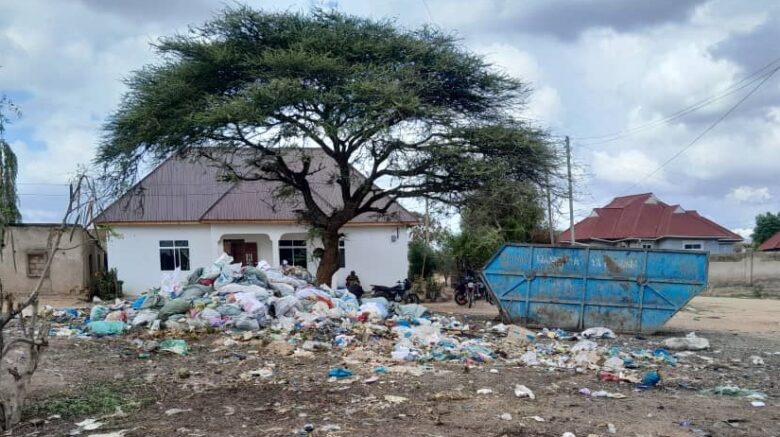Plastic pollution is one of the greatest environmental disaster of the 21st century: here’s how the African continent is dealing with it.
Africa is now invaded by plastic, and over the next thirty years, its use is estimated to increase six fold as a result of population growth increasing at a rate of over 2% per year and consequently, a greater economic activity which means greater consumption, and as a result, an increase in the disposal problem.
Until 2018, Africa was a net exporter of plastic waste, mainly going to China.
In January 2018, China implemented the policy banning such imports within its borders, since then, Africa’s plastic waste exports took a nosedive.
Access to this waste represents an opportunity to strengthen the plastic recycling sector in the continent rather than focusing on exporting.
However, the African plastics recycling industry is very split, with operators often entering and exiting the market, which puts a delay on the expansion of the sector.
Due to the lack of markets interested in recycled material, most operators’ active in the northern part of the African continent exports a large part of their recycled products to Europe, where demand is higher than in the local market.
The disposal of this material in Tanzania specifically, is extremely difficult: there is a lack of suitable infrastructure and also knowledge on recycling.
The main method of disposing garbage is simply to burn it, often in the street. In many cities it is considered normal, but it has very serious health repercussions. Walking through the streets of cities or villages, the amount of waste, especially plastic, accumulated outside homes and markets is very noticeable. The piercing smell of plastic burned in holes dug in the ground which is the only way to get rid of the tons of rubbish that cannot be reused or transformed into fertilizer is also very noticeable. Not only that, tires are often burned, releasing toxic and harmful substances into the air in the form of black clouds.
The majority of the Tanzanian population living in rural areas does not have access to any door-to-door waste collection system or other type of proper waste industries; more often than not, plastic is collected by ordinary citizens and then sold in the few collection points found in cities. In cities, however, there is a door-to-door collection system, but it is an undifferentiated collection; the large trucks then go to unload all the rubbish in not-so remote areas of the city. Where large trucks cannot pass, motorbikes with attached carts pass by and collect rubbish door to door, unload it into large bins scattered around the city and then the trucks come by to empty the bins. However, often the trucks have mechanical issues, or they don’t pass for weeks, and consequently, it becomes smelly with all the undisposed rubbish; during the rainy season, even if they come to empty the bin, the rubbish gets wet and it releases a pestilential stench (see photo). From these collection points, the material is then sent to the few disposal centers located in the country, most of them found in Dar es Salaam.
An example of recycling in Tanzania is the reuse of glass bottles.
Bars (and some restaurants) collect used glass bottles, which are then returned to large beverage companies , where they get washed and refilled before being put back on the market.
Unfortunately, there is still no way to recycle imported alcoholic beverages; for this reason, (especially wine bottles), the local producers remove the original label and reuse the bottles; or they end up in the undifferentiated waste in collection points, where they are often collected by people who then resell them.
Many countries in Africa have made significant efforts in recent years to limit the use of plastic or find alternatives: for example, 30 out of 54 countries have banned the use of disposable bags.
Tanzania is now among the states who intend to strictly regulate the use of plastic in their territory; in fact, since the 1st of June, 2019, single-use plastic has been banned, but only partly; plastic bags, the so-called Rambo ones, have been banned (most of them had the image of the famous film protagonist with the same name) however, they have been replaced by other plastic bags to sell rice, beans and various legumes, peanuts etc…; and these bag which are even thinner and smaller than the infamous Rambos, have infested the cities and suburbs of Tanzania.
The goal is that these bags, other plastic materials which are commonly used, be gradually banned or replaced, because their disposal is extremely harmful to the environment and to people’s health.
Data and information has been quoted from the following articles:
https://www.nigrizia.it/notizia/africa-sempre-piu-sommersa-dalla-plastica
https://www.plastmagazine.it/riciclo-delle-materie-plastiche-africa/

